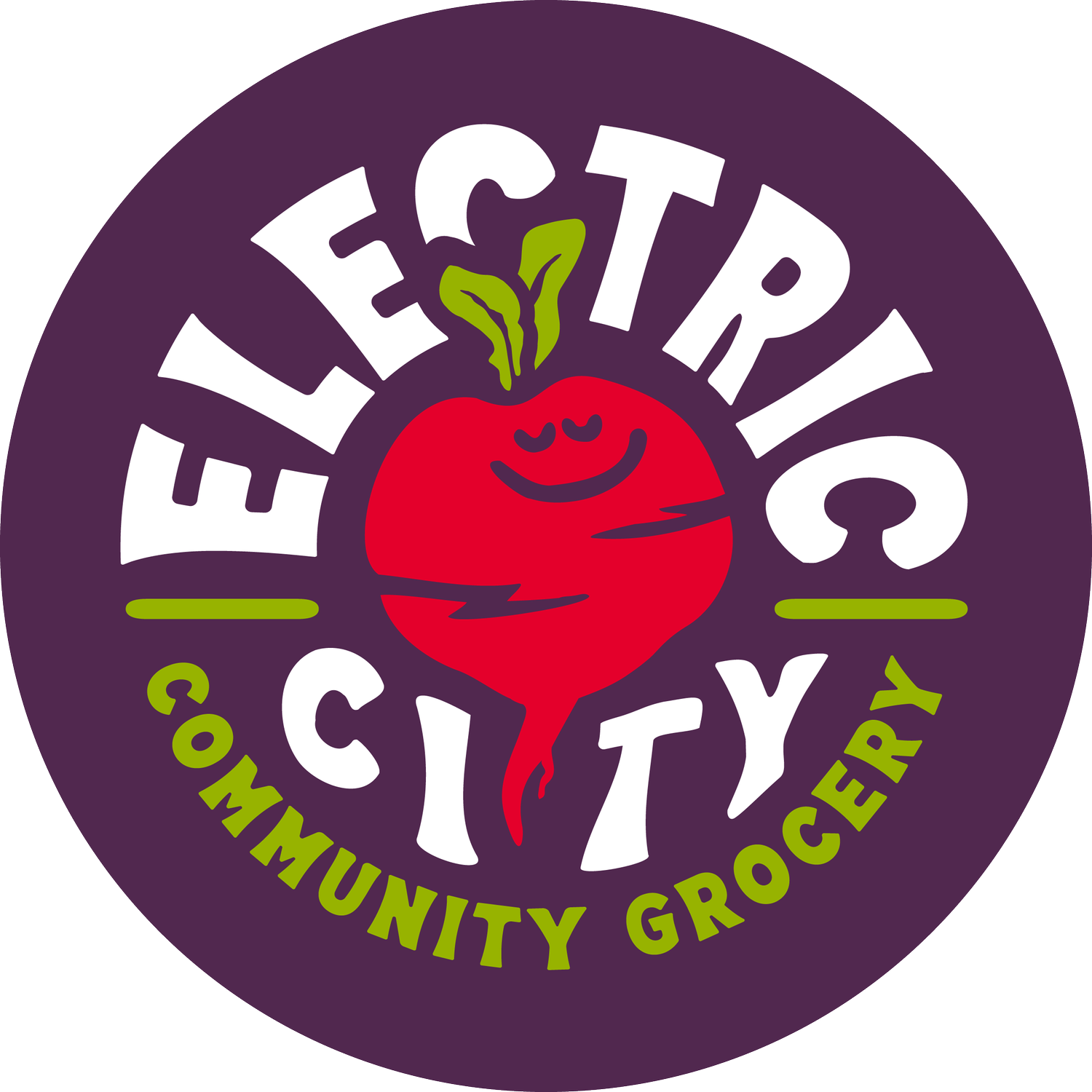Dreaming of Beloved Community
The Beloved Community — which Rev. Dr. Martin Luther King, Jr. saw as the north star and ultimate aim of the civil rights movement — is the most holistic definition of the dream he expressed to the 250,000 people gathered on the Washington Mall in 1963.
Across many of his sermons and speeches, Dr. King emphasized that the Beloved Community combines a deep commitment to equality, justice, nonviolent resistance, and unconditional agape love for humankind - including our near and distant neighbors, and even our opponents. Dr. King understood that agape love was much more than a sentimental feeling; it was an untapped source of revolutionary power capable of liberating our world from downward spirals of perpetual violence and creating a new global kinship of humankind with liberty and justice for all.
In this month's "Food for Thought" we lift up and explore some of Dr. King's powerful messages, beyond flattened sound-bites. Revisiting his words with new eyes seems especially salient today, in a month where our 19th and 21st Surgeon General offered a "Parting Prescription" for building Beloved Community, and when the world said good-bye to the 39th President of the United States, Jimmy Carter, who exemplified what it is to lead with a tough mind and a tender heart, as eulogized by Rev. Andrew Young.
1963 March on Washington for Jobs & Freedom
Dr. King's "I Have a Dream" Speech
On August 28, 1963, an estimated 250,000 demonstrators took part in the March on Washington for Jobs and Freedom, ultimately gathering on the national mall where most U.S. presidential inaugurations occur. A collaborative effort between civil rights, labor, and religious organizations, the march's goals included voting rights, economic justice, and an end to segregation.
Dr. King spoke at the march, and his I Have A Dream speech was broadcast live on national television. To experience the enduring power of this speech, check out Stanford University's multi-media presentation [freedomsring.stanford.edu] and be sure to click "BEGIN" to hear the audio along with the rolling images and text. NPR also has a full text of the speech if you prefer. Interestingly, Dr. King didn't originally intend to share his Dream in this speech - he was focused on using the metaphor of a "bad check," representing America's failure to deliver on its promises to her Black citizens. It wasn't until his beloved friend, the gospel singer Mahalia Jackson (who sang before he spoke that day) sensed him stumbling over his words, mid-speech, and called him to "tell them about the dream!" He heard her call, he paused, and he began to improvise as his vision flowed through him. As a result, the speech is a powerful integration of critique and moral imagination.
Dreaming of "A Revolution of Values":
Dr. King's Beyond Vietnam Speech, April 4, 1967
A year to the day before he was assassinated in Memphis, Tennessee, Dr. King broke his silence on the War on Vietnam in a seminal (and highly controversial) speech at Riverside Church in New York City. Through it, he connected conditions of poverty experienced in inner cities of the United States with the waging of war in Vietnam. He called for a revolution of values to disrupt cycles of violence perpetuated by the combination of racism, extreme materialism, and militarism. To listen to the whole speech, check out this video. You can read the full text of the speech here from the Civil Rights Movement Archive. Interestingly, and importantly, his courage to break his silence was emboldened through his friendship with the Vietnamese Buddhist Monk, Thich Nhat Hanh, and his speech was written by his friend and colleague Vincent Harding.
A Closer Look into NonViolence as a Strategy
NBC interviewed MLK just under a year before his assassination. In the interview, Dr. King speaks about the strategies of the movement (peaceful non-violent direct action, etc) and the focus on “genuine equality” for African Americans throughout the country. The whole video is just over 26 minutes and speaks both to the persistence of systemic injustice and to the principles and power of nonviolent resistance and creative action.
Honoring Intergenerational & Intersectional Dreams of Beloved Community
Although we tend to associate "Beloved Community" with Dr. King because he so powerfully expressed this pragmatic vision as a leader of the Civil Rights Movement, the legacy of Beloved Community building precedes and transcends his singular voice. For instance, the March on Washington was a collaborative effort, and it wouldn't have been possible if not for the organizing genius of Bayard Rustin. Further, Dr. King drew great inspiration from Rev. Howard Thurman (1899-1981), who in turn drew and grew from his "pilgrimage of friendship" with Mahatma Gandhi (1869-1948)," whose practice of satyagraha (soul-force, or truth-force) was strongly influenced by theories on civil disobedience expressed by Henry David Thoreau (1817-1862), which were in turn shaped by explorations of ancient Hindu texts with his mentor, Ralph Waldo Emerson (1803-1882).
As we gather on MLK Day, we honor the ever-unfolding labors of love that contribute to building the Beloved Community. We come together to further explore how our community-owned grocery store can contribute to this legacy, in collaboration with many other organizations in and beyond Schenectady. To explore additional opportunities to answer Dr. King's call to exercise revolutionary love, check out these invitations via the newly launched (R)evolutionary Love Train of the Mohawk River Valley.
"We must discover the power of love, the power - the redemptive power - of love. And when we discover that, we will be able to make of this old world a new world. We will be able to make men better. Love is the only way." ~ Rev. Dr. Martin Luther King, Jr, Loving Your Enemies, 1957



